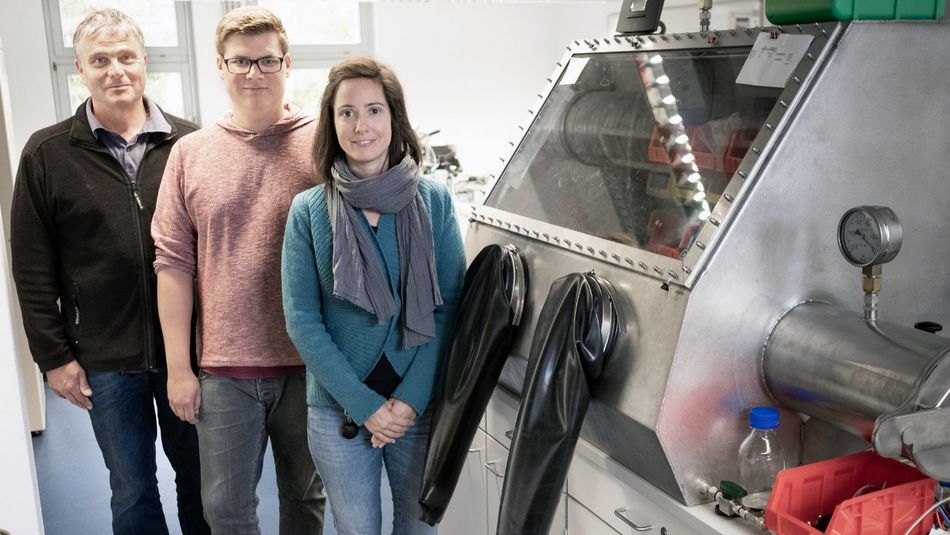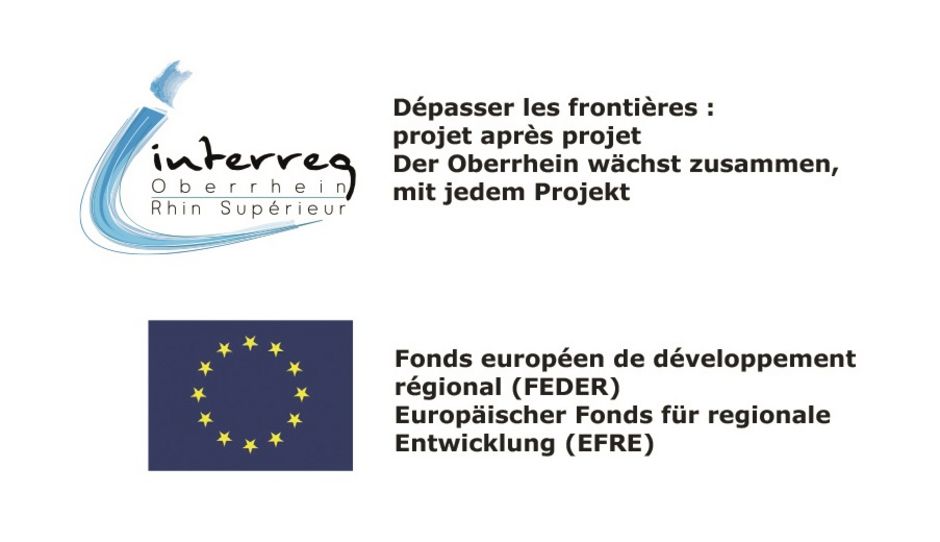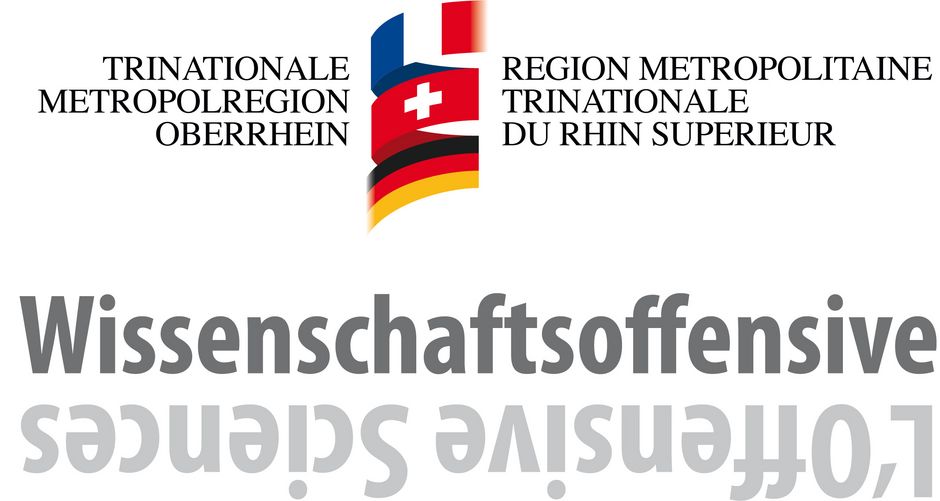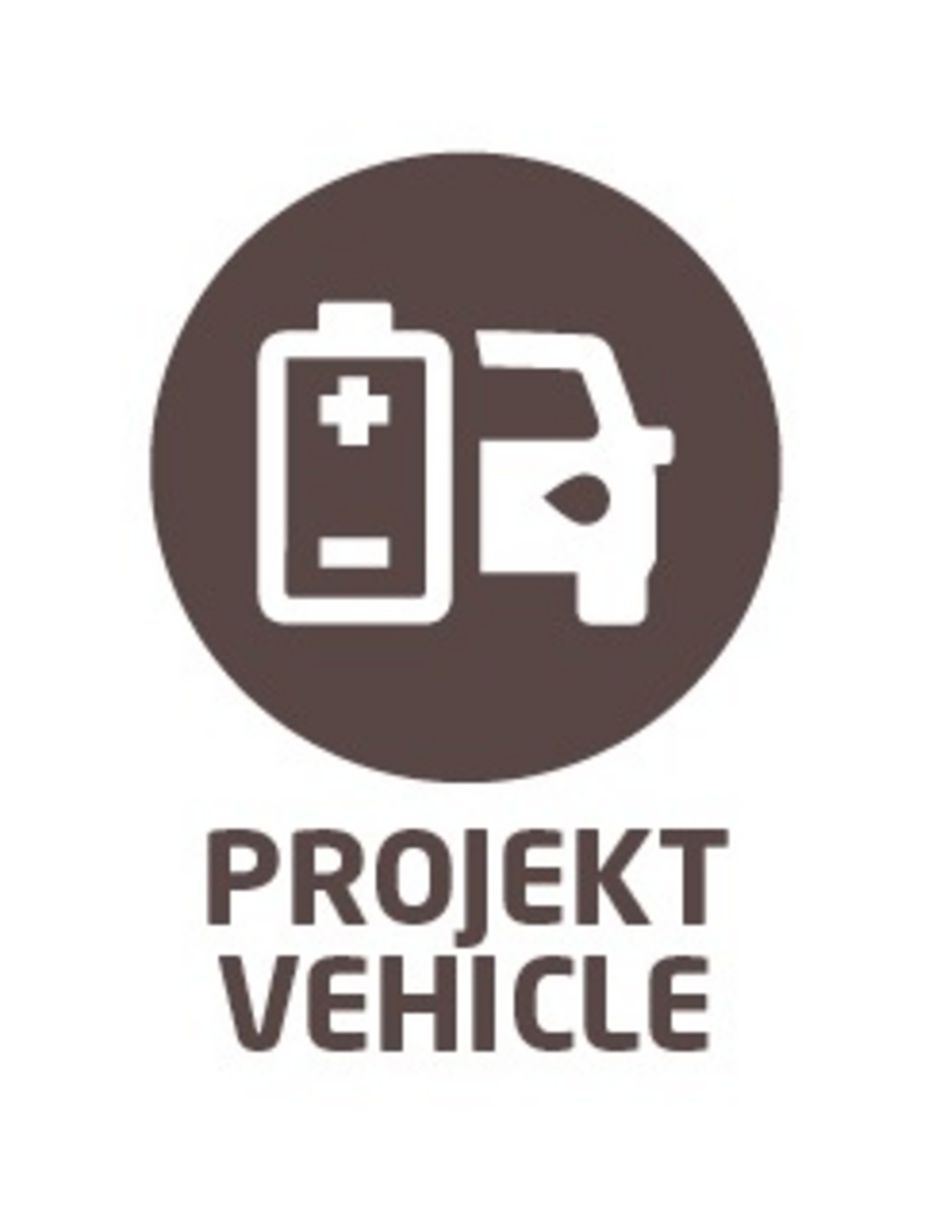
The VEHICLE project develops approaches to overcome the technical limitations of current purely electric or plug-in hybrid vehicles.
The weak point in these is the battery system, especially due to long charging times and the limited energy content, but also the premature aging due to high charging / discharging dynamics. One solution is to combine complementary storage technologies into a hybrid storage system consisting of a lithium-ion battery and a supercapacitor. Its operation requires the use of an energy management system. As part of the project, such a system is to be developed using predictive algorithms, with the help of which statements on dimensions, service life, total operating costs and corresponding optimizations can be made, for example for a vehicle. For this purpose, a deterministic model for battery aging depending on the load profile is developed on the basis of experimental work at the Birkenfeld Environmental Campus ("battery diagnostics").
VEHICLE is funded as part of the Science Offensive 2018, an initiative of the European Union and the French, German and Swiss local authorities (Greater Est, Baden-Württemberg, Rhineland-Palatinate and the north-western cantons of Switzerland), which aims to finance outstanding research projects in the Upper Rhine area.
| Consortium | PARTNER: INSA Strasbourg, Trier University of Applied Sciences (Birkenfeld Environmental Campus), Karlsruhe University of Applied Sciences ASSOCIATED PARTNERS: Centrale Lille, Université de Nantes, Sheffield Hallam University, CCI Alsace Eurométropole |
| Duration | October 2019 - September 2022 |
| Funded by | European Fund for Regional Development, State of Baden-Würtemberg, State of Rhineland-Palatinate and Region Grand Est (in the Science Offensive 2018 program, Interreg V A Oberrhein) |
| Funding amount | € 498,612 |



You are leaving the official website of Trier University of Applied Sciences